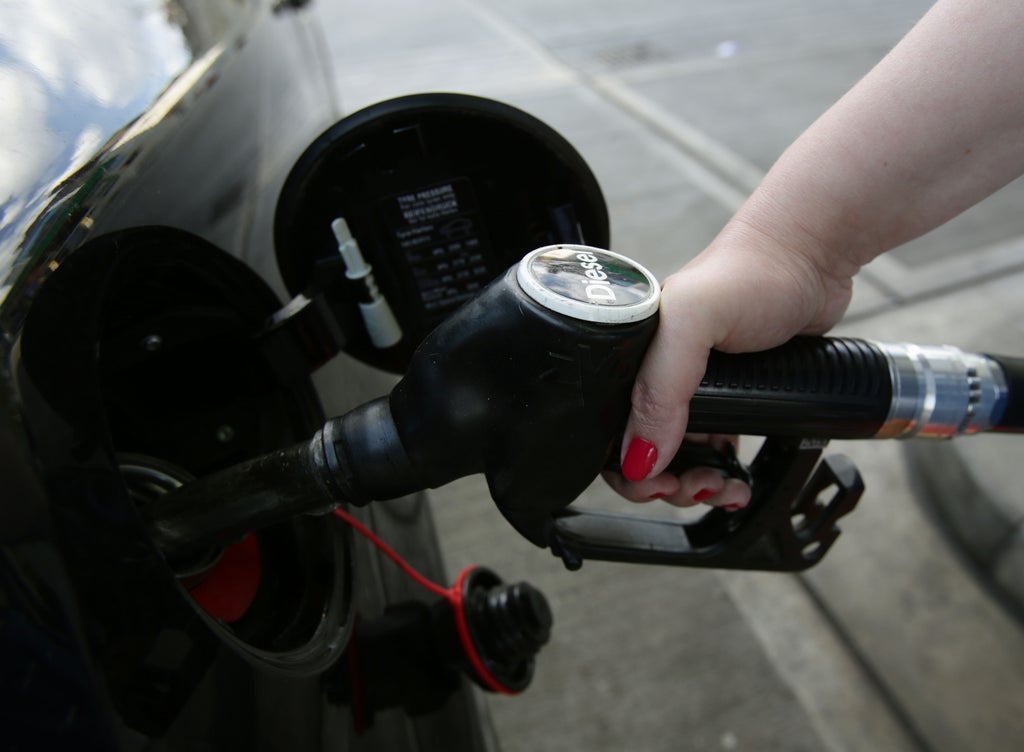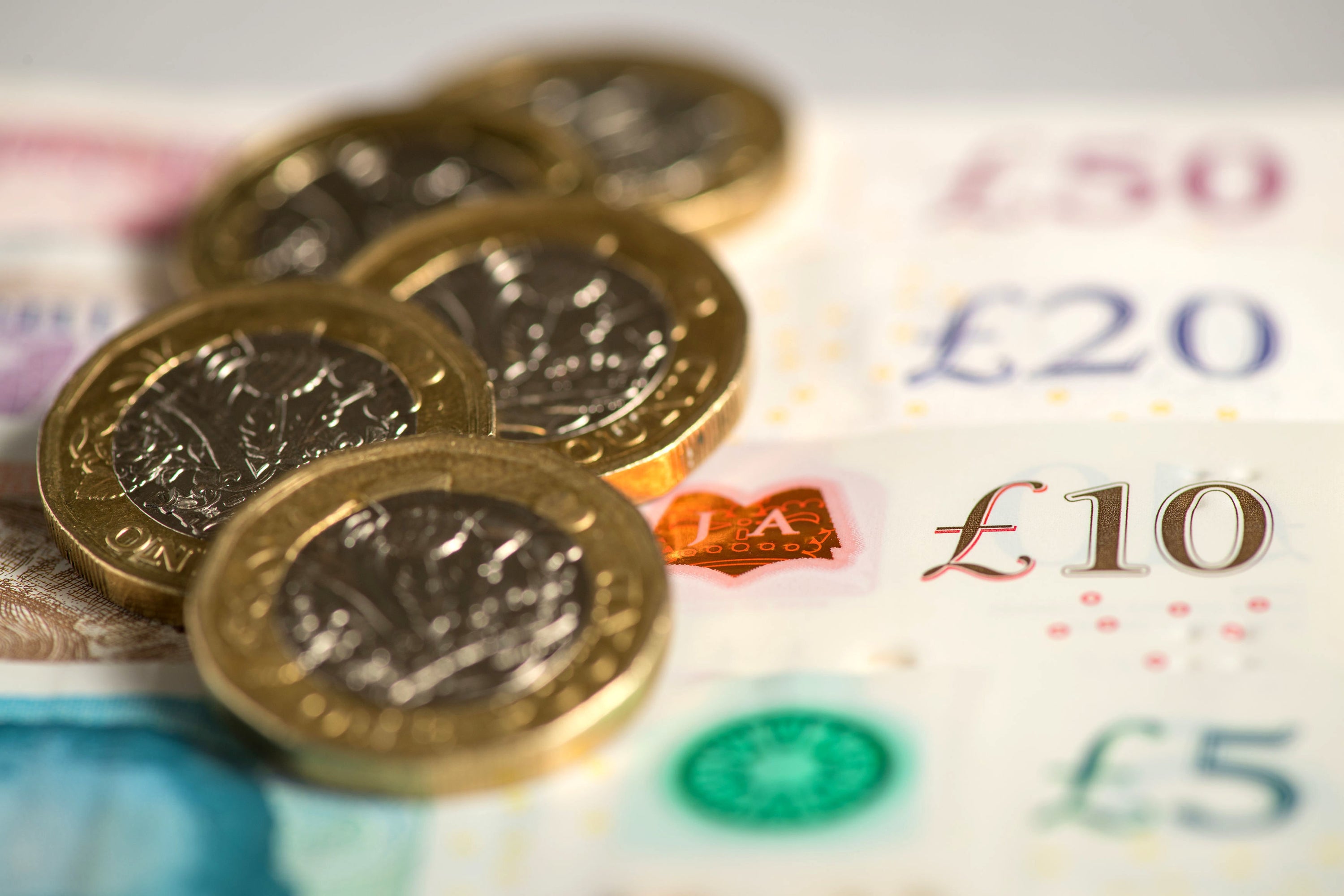
Petrol and diesel prices have reached record highs, according to new figures.
The average cost of a litre of petrol at UK forecourts on Tuesday was 167.6p per litre. The previous record of 167.3p was set on 22 March, the day before a 5p cut in fuel duty was implemented.
Diesel prices continue to climb to new highs, reaching an average of 180.9p per litre on Tuesday. That was the same day business secretary Kwasi Kwarteng wrote to fuel retailers “to remind them of their responsibilities” following claims retailers hiked profits following the reduction in duty.
Compared to a year ago, when petrol averaged 128.38p a litre and diesel 130.80p, the cost of filling the typical 55-litre tank has risen from £70.61 to £92.20 for petrol and from £71.94 to £99.48 for diesel.
“Despite his best efforts, the chancellor must feel like King Canute, having tried to reverse the tide of rising pump prices,” said Luke Bosdet, the AA’s fuel price spokesman. “At least though, he can say that UK drivers would be £2.75 a tank even more worse off now had he not tried to take action in March.

“He hasn’t been helped by a fuel trade that, despite a 16p-a-litre fall in petrol costs coinciding with the Spring Statement, couldn’t even pass on the full 5p fuel duty cut and the 1p VAT reduction that it brought with it.”
According to the RAC, the 5p reduction in fuel duty made it £3.30 cheaper to fill up a typical family car with a 55-litre tank. Filling that car up with petrol on 21 March before fuel duty tax was announced, for example, would have cost more than £90 when petrol reached its previous high of 167p per litre and diesel 179p. However, the rising price of petrol and diesel has now completely wiped out that reduction meaning filling up that 55-litre tank will now be £26 more expensive.
RAC fuel spokesperson Simon Williams said that efforts to move away from Russian diesel due to the war in Ukraine is having a knock-on effect.
Cost of living: how to get help
The cost of living crisis has touched every corner of the UK, pushing families to the brink with rising food and fuel prices.
- The Independent has asked experts to explain small ways you can stretch your money, including managing debt and obtaining items for free.
- If you need to access a food bank, find your local council’s website using gov.uk and then use the local authority’s site to locate your nearest centre. The Trussell Trust, which runs many foodbanks, has a similar tool.
- Citizens Advice provides free help to people in need. The organisation can help you find grants or benefits, or advise on rent, debt and budgeting.
- If you are experiencing feelings of distress and isolation, or are struggling to cope, The Samaritans offer support; you can speak to someone for free over the phone, in confidence, on 116 123 (UK and ROI), email jo@samaritans.org, or visit the Samaritans website to find details of your nearest branch.
“Efforts to move away from importing Russian diesel have led to a tightening of supply and pushed up the price retailers pay for diesel,” Mr Williams said.
“While the wholesale price has eased in the last few days, this is likely to be temporary, especially if the EU agrees to ban imports of Russian oil.
“Unfortunately, drivers with diesel vehicles need to brace themselves for yet more pain at the pumps.”
An AA poll of 2,932 drivers flying abroad or going on a non-driving holiday this summer indicated that one in seven are doing so because of high pump prices.

Gordon Balmer, executive director of the Petrol Retailers Association, which represents independent forecourts, said retailers’ margins were “often not enough to cover operating costs” due to additional expenses such as storage and delivery.
He added that while the Chancellor announced the fuel duty cut, “oil prices rose and effectively cancelled out the reduction”.
The increase comes as inflation climbed to a new high of 9 per cent last month, up from 7 per cent in March following a £700 increase to energy bills.
The chancellor, Rishi Sunak, who has come under pressure to offer more support to poorer households as benefits fail to keep pace with rising prices, said the Treasury could not shelter people from global price pressures.
“Countries around the world are dealing with rising inflation. Today’s inflation numbers are driven by the energy price cap rise in April, which in turn is driven by higher global energy prices.
“We cannot protect people completely from these global challenges but are providing significant support where we can, and stand ready to take further action.”







